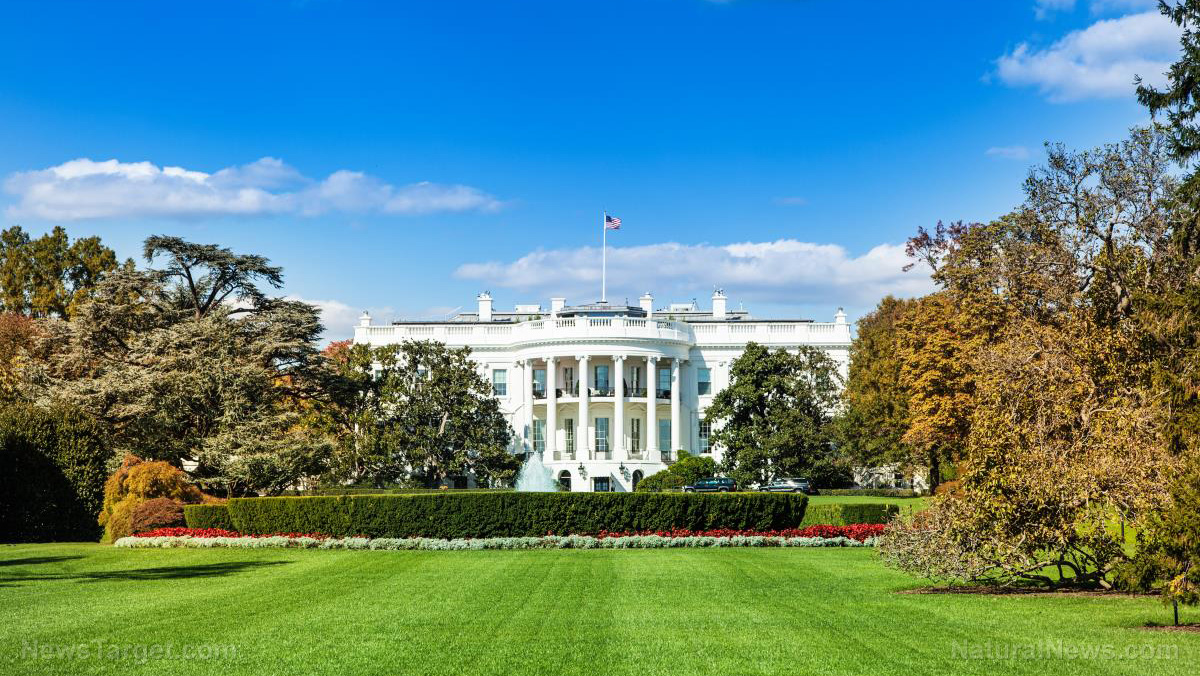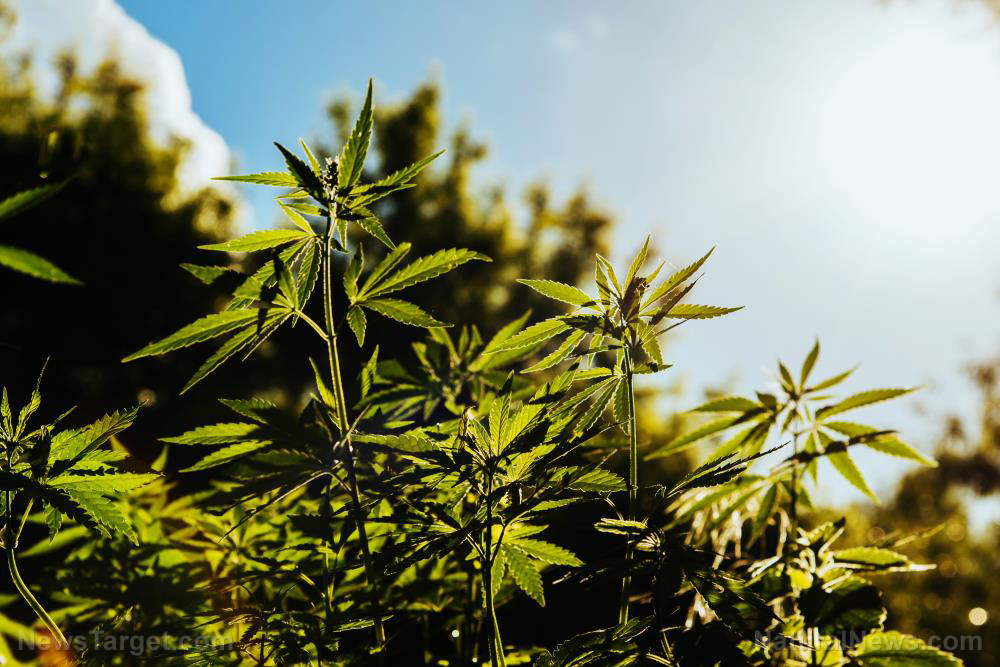Those who are enrolled in the program are allowed to possess low-THC cannabis oil, but are legally forbidden to cultivate, import, or buy it -- making it almost impossible for patients to obtain the drug by legal means. With Peake's intervention, however, they are given access to a drug that they need to treat or manage serious illnesses they are diagnosed with.
The state's marijuana legislation is called HB1 or Haleigh's Hope Act. It was signed into law in April 2015 by Governor Nathan Deal. Under the law, patients and physicians can register for an identification card with the Georgia Department of Public Health that will allow them to possess cannabis oil with up to five percent THC. Only a low-THC oil preparation is allowed under the law, and smoking cannabis is prohibited.
The current law covers eight medical conditions, according to Georgia's Hope, an organization representing patients from the state that benefit from medical cannabis. These medical conditions include cancer, ALS, seizure disorders, multiple sclerosis, Crohn's disease, mitochondrial disease, Parkinson's, and sickle cell disease. The law does not legalize recreational cannabis, nor does it allow cannabis for other medical purposes outside of the eight conditions.
While Peake acknowledged that it may take a while before cultivation of marijuana within the state is legalized, he has helped to further expand current medical marijuana legislation to allow more qualifying medical conditions to be covered by the law. The expansion is currently awaiting the signature of Gov. Deal.
Peake, who has a medical cannabis card, continues to receive a box of medical cannabis oil at his doorstep every month. Peake claims that he does not know who brings the box into the state. "Quite frankly, I don't know how the product gets here," the lawmaker was quoted as saying in the report. Peake technically does not purchase the product because that would be illegal. However, every time a supply arrives, he makes a sizable donation to a medical cannabis research foundation in Colorado. His donations amount to about $100,000 a year out of his own pocket. Doing so, and distributing the oil for free allows him to stay within the law by a hair's breadth -- the law does not forbid giving cannabis oil as a gift. Selling the oil to recover his donations could put Peake at risk of drug trafficking charges.
The rogue lawmaker takes extra caution to ensure that those who work with him in distributing the cannabis oil is legally allowed to possess and handle the drug. They must be state-registered and part of the medical cannabis program. Some 1,300 patients are currently enrolled in the state's medical marijuana program, and hundreds of them benefit from Peake's efforts.
"We're going to do whatever it takes to be able to help get product to these families, these citizens who have debilitating illnesses," he said in the report.
Get more updates on MedicalMarijuanaUpdate.com.
Sources include:
Please contact us for more information.























